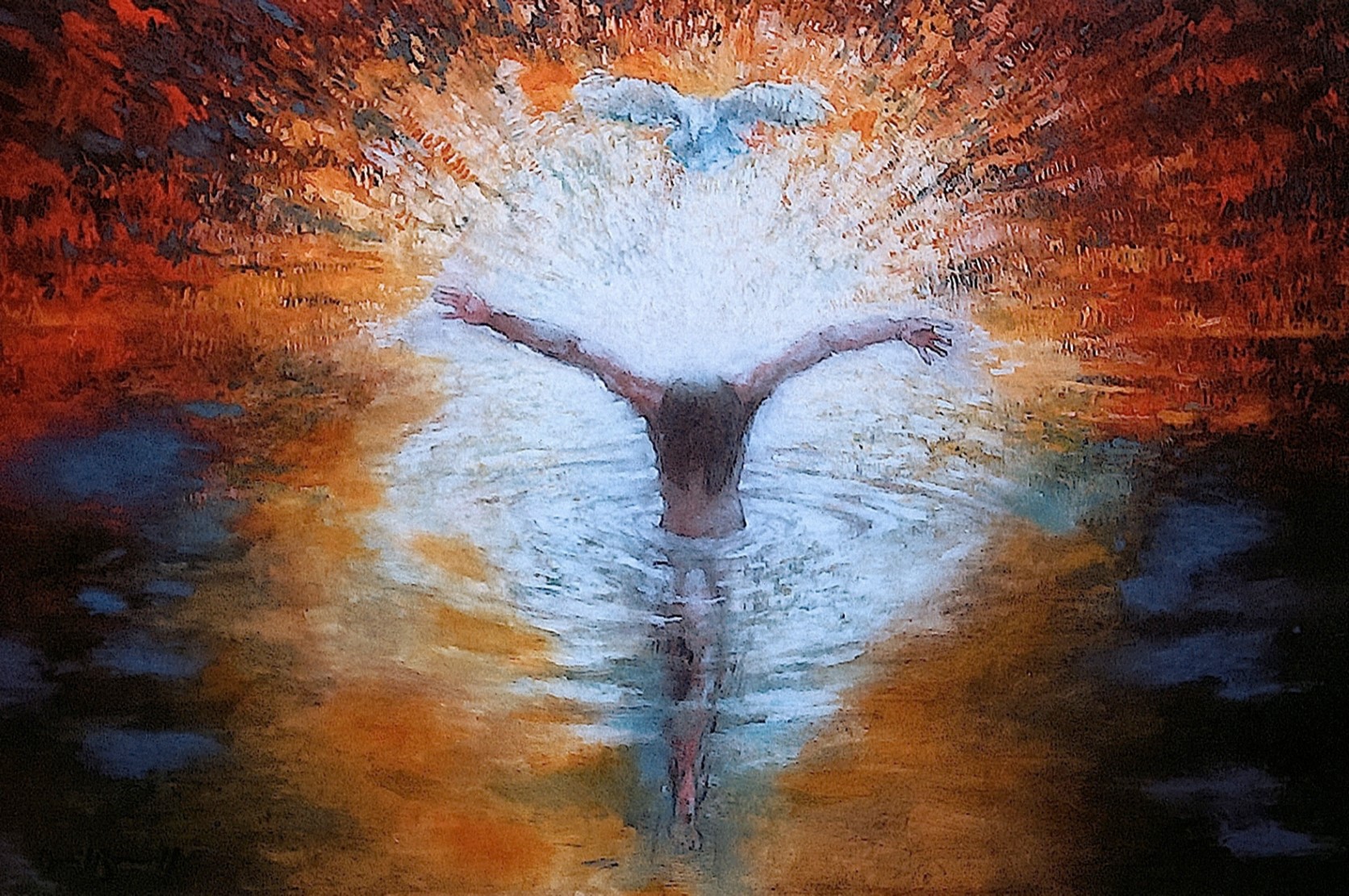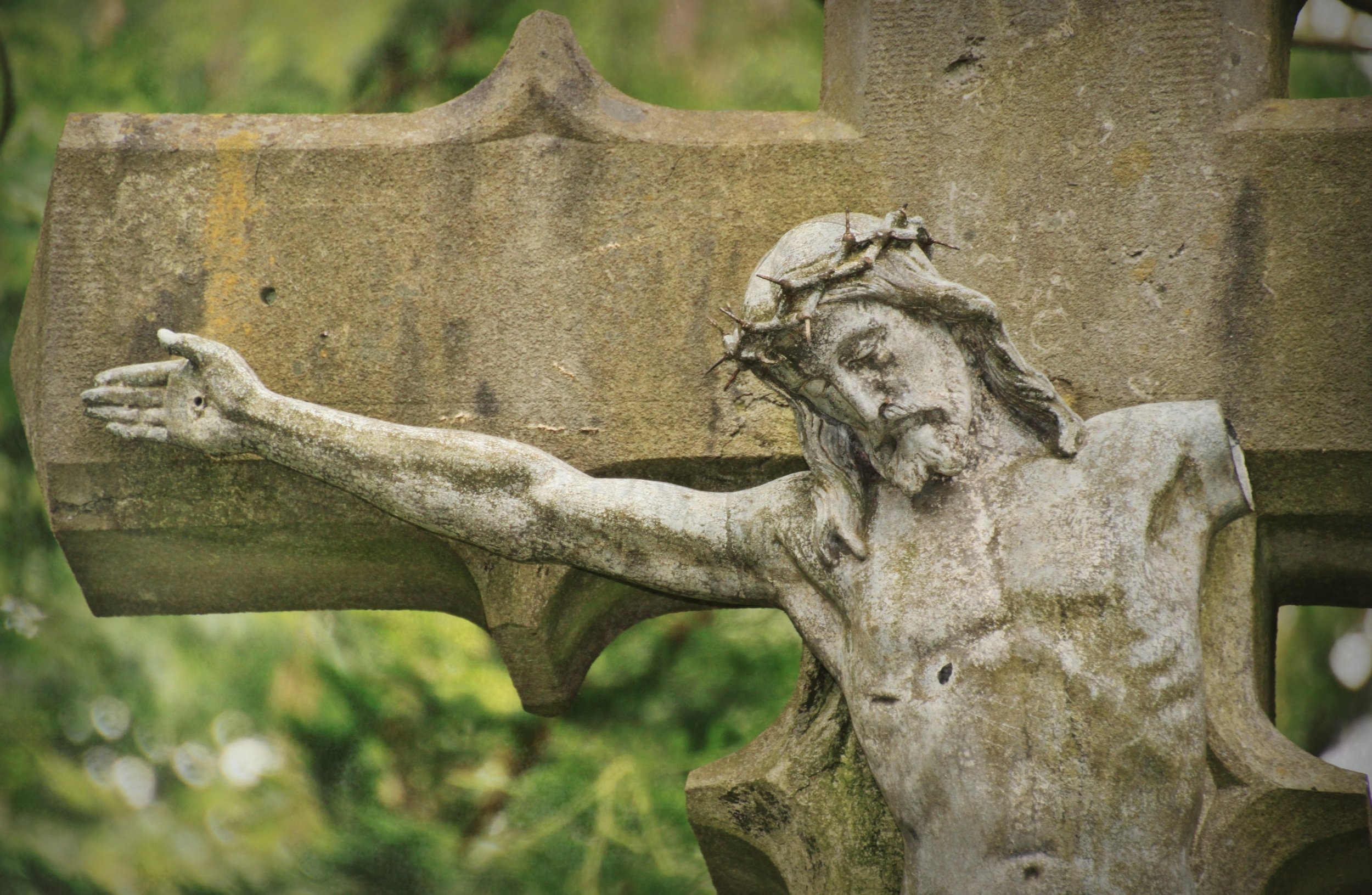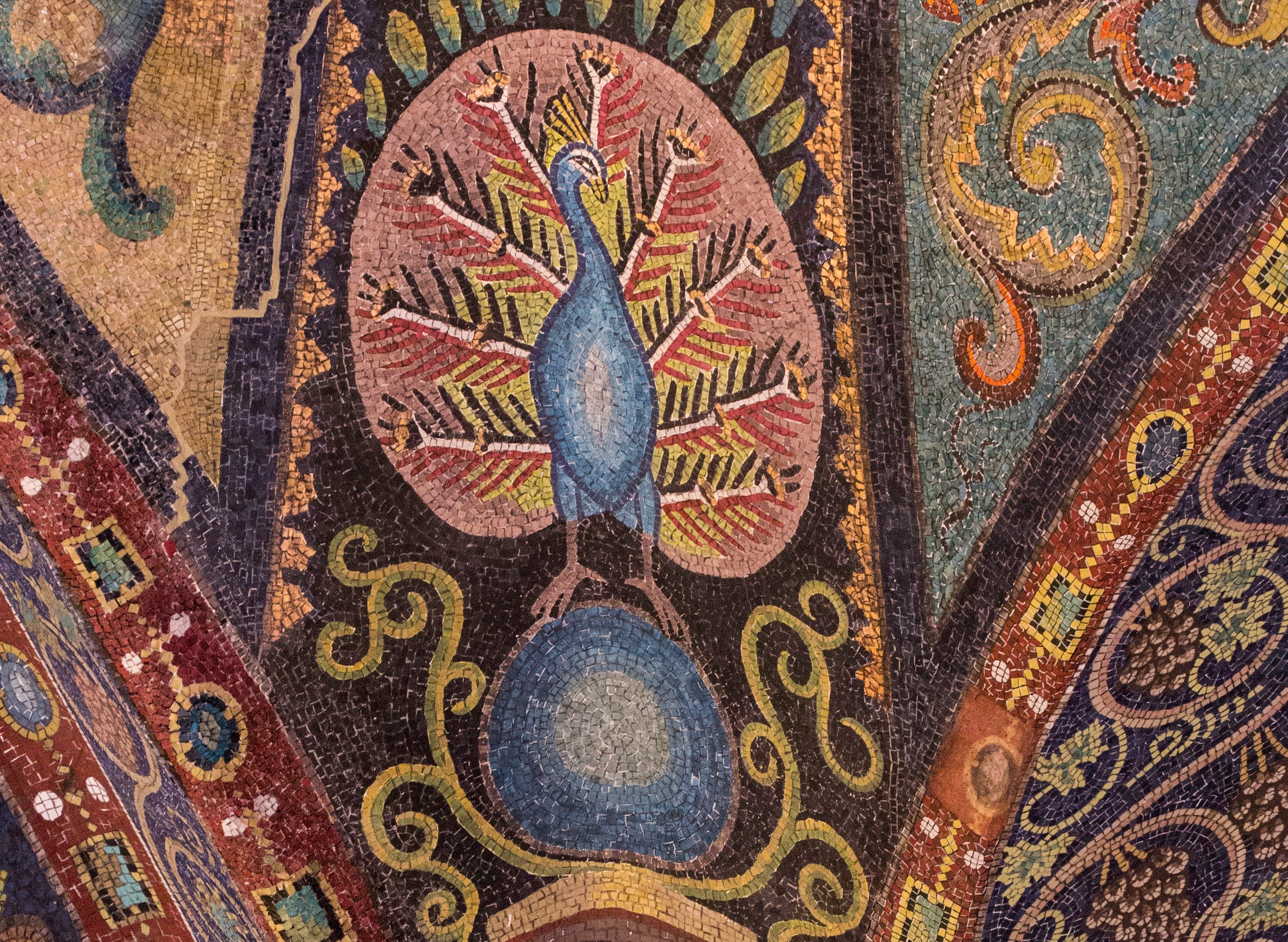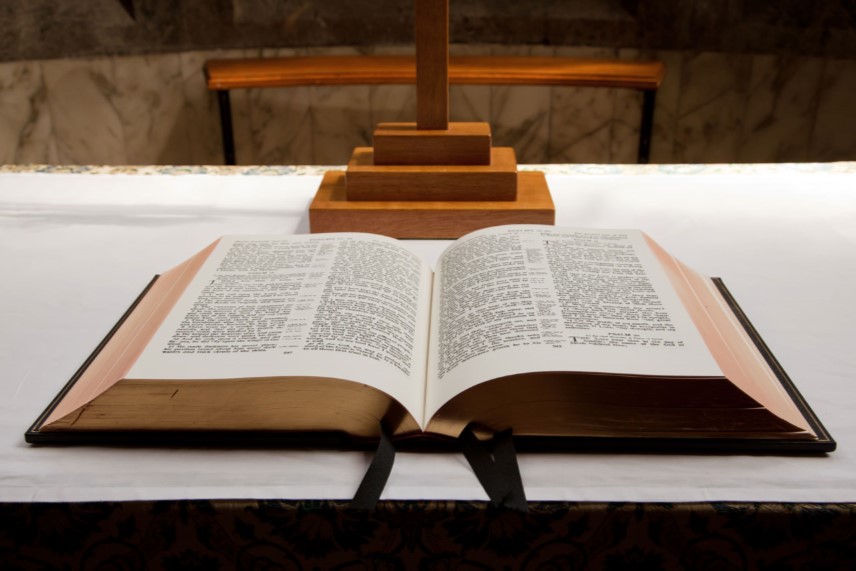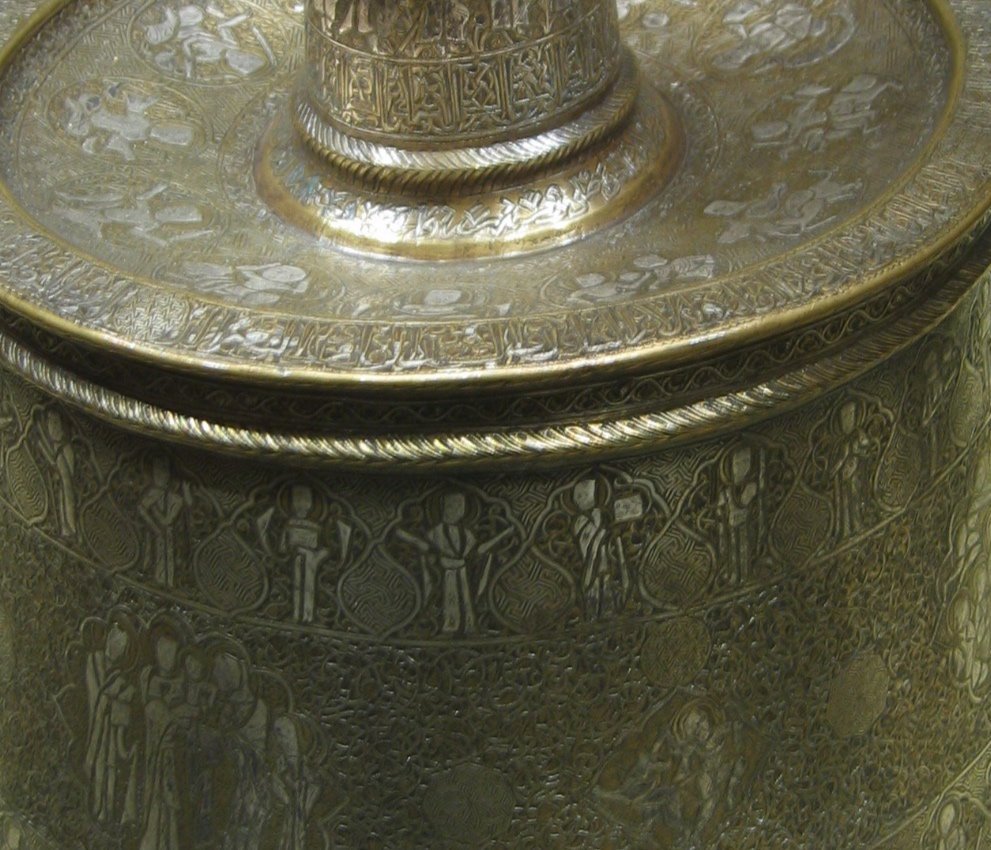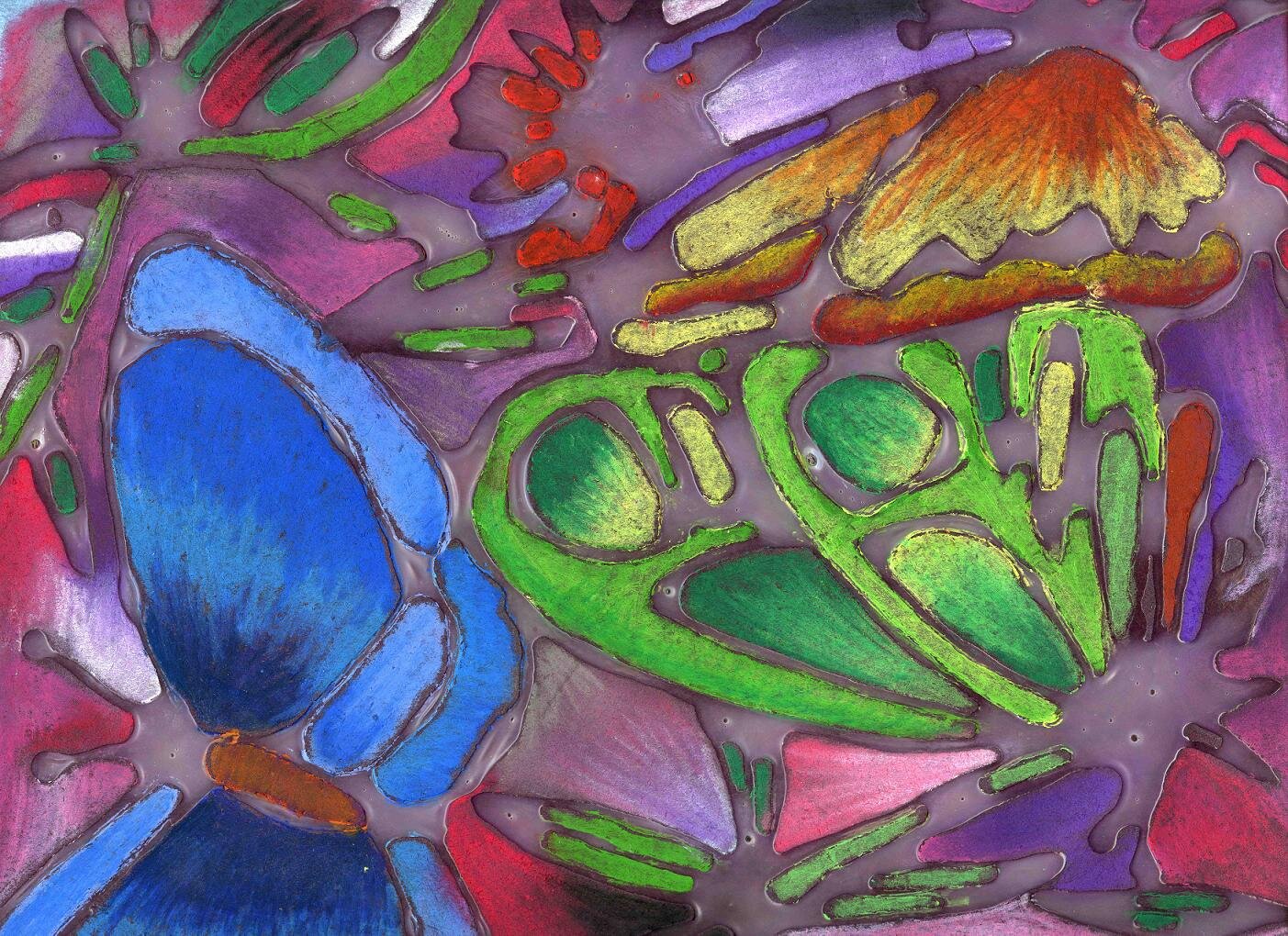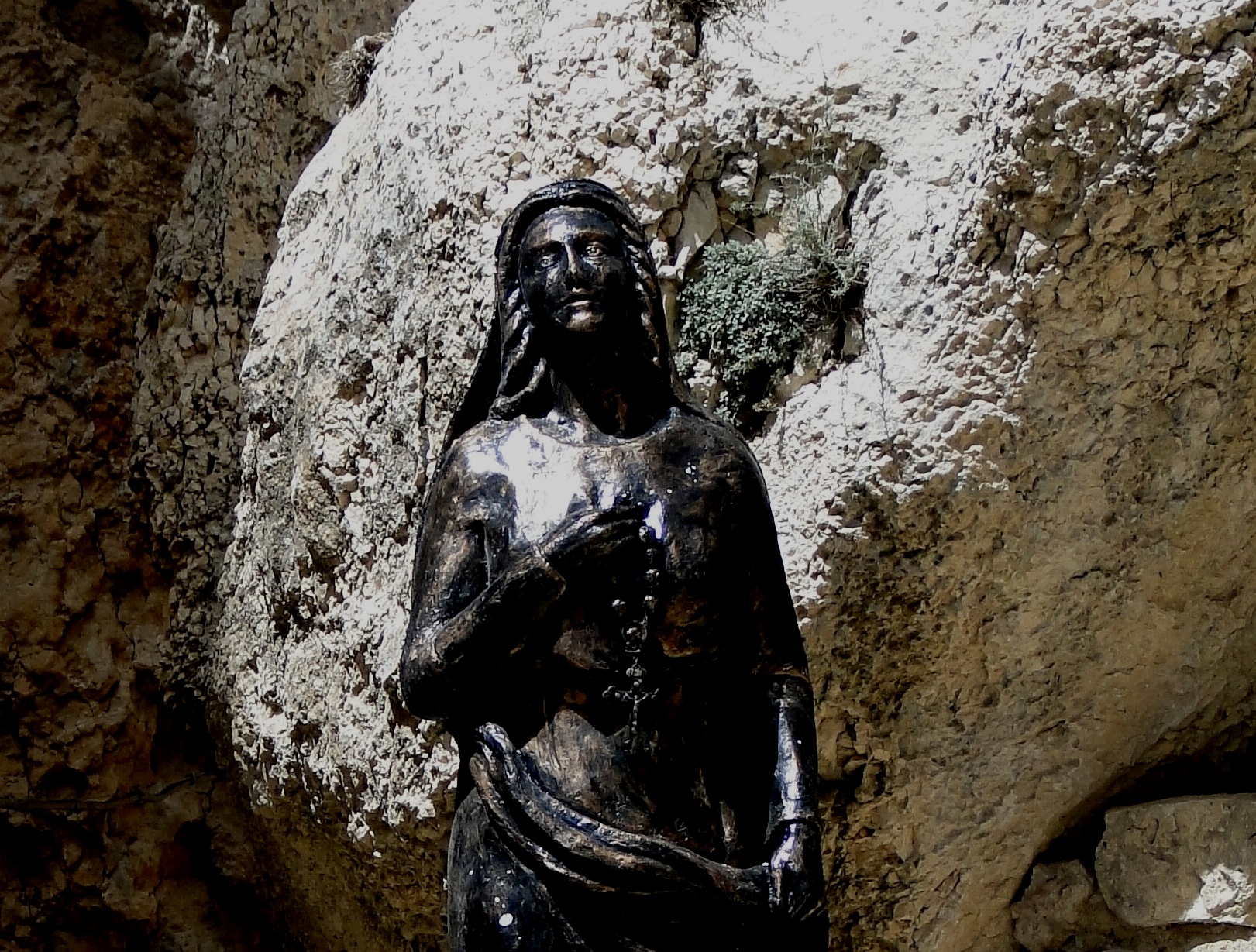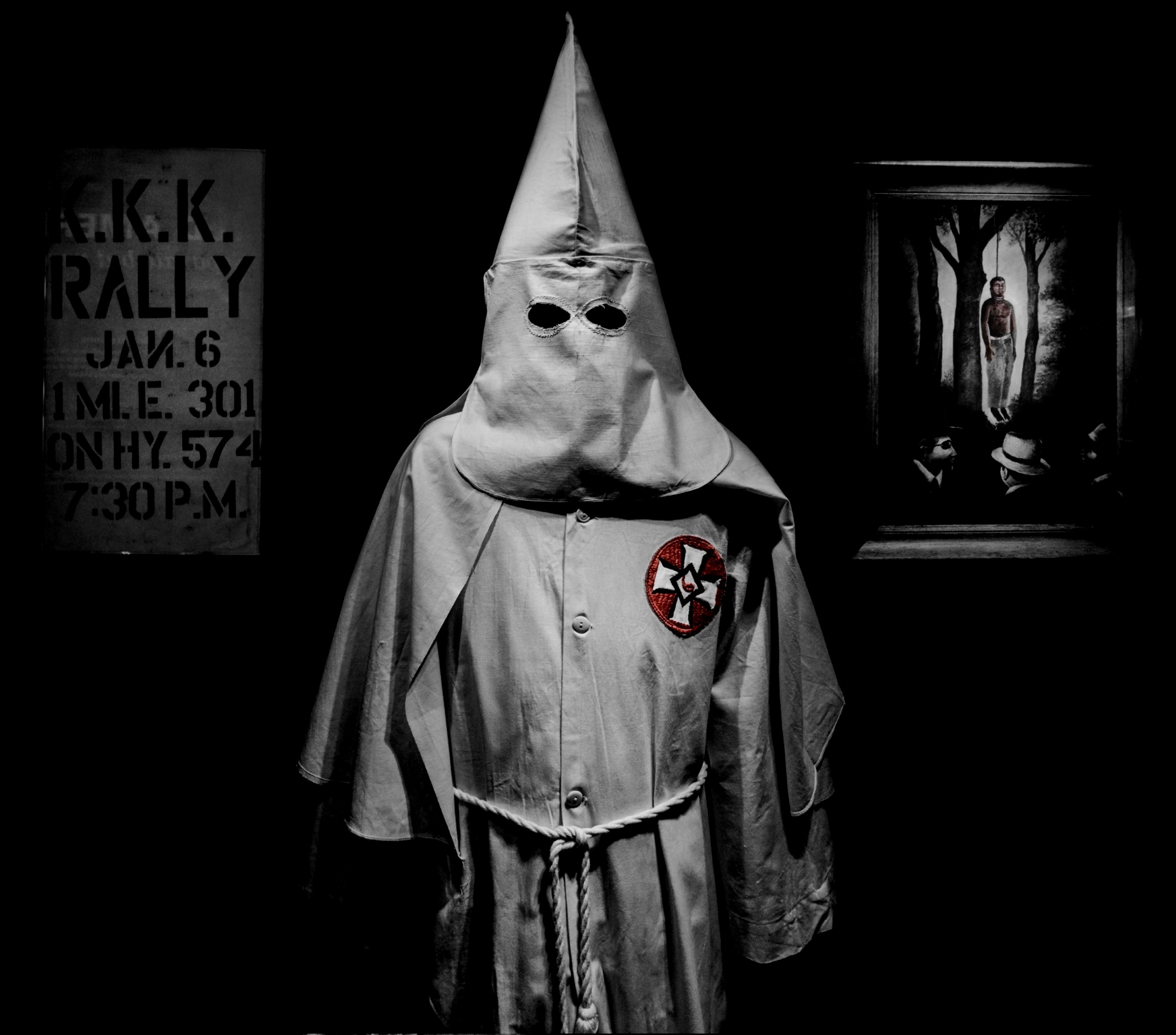On this page, you will find our five-part video series on The Theology of Marvel’s Black Panther. You can also enjoy these videos on our YouTube channel’s Arts and Theology playlist!
Part 1: Black Panther and the Black Panthers: Global, Historical, and Theological Context
Dr. Vince Bantu, scholar of church history and Founder-Director of the Meachum School of Haymanot, joins Mako Nagasawa to appreciate Marvel's Black Panther. We talk about church history, Christian ethics and theology, and the lessons we need to learn today.
Part 1: Black Panther and the Black Panthers in Global, Historical, and Theological Context introduces the three choices T'Challa faced about Wakanda's role in the world: isolationism (from his father T'Chaka), involvement (from Nakia), and imperialism (from Killmonger). We highlight the real world background of colonialism and imperialism as it relates to African Americans and the Black Panthers in Oakland, CA resisting white supremacy in the U.S., and also Africans resisting European imperialism. We also talk about the U.S. Civil Rights Movement led by the Black Church, as one of many inspiring non-violent resistance movements spanning the globe throughout the 20th century, wrestling with imperialism and conflict -- these were led by Christians and inspired by the teaching and model of Jesus of Nazareth.
Part 2: Wakanda — Not Conquered, Not Conquerors — A Portrait of a Chosen People?
Dr. Vince Bantu, scholar of church history and Founder-Director of the Meachum School of Haymanot, joins Mako Nagasawa to appreciate Marvel's Black Panther. We talk about church history, Christian ethics and theology, and the lessons we need to learn today.
Part 2: Wakanda — Not Conquered, Not Conquerors — A Portrait of a Chosen People? explores the portrait of Wakanda as Afro-futurist but also a near-ideal people in a world where colonization is the rule, not the exception. Wakanda is linked to Ethiopia in that sense: an uncolonized Sub-Saharan African nation. The Ethiopian cross is even present in the movie. And Ethiopia's Christian faith is also important in real history, as a force against Western European influence during the older age of colonialism, as well as the modern age of capitalism. Wakanda is also a "chosen people" image also portrayed by the Hebrew Bible, especially when we look at a human community in a garden land, who have received a divine from above, resulting in the power of women and more.
Part 3: Killmonger as the Tragic Hero
Dr. Vince Bantu, scholar of church history and Founder-Director of the Meachum School of Haymanot, joins Mako Nagasawa to appreciate Marvel's Black Panther. We talk about church history, Christian ethics and theology, and the lessons we need to learn today.
Part 3: Killmonger as the Tragic Hero examines the character of Eric Killmonger, an amazing character who was able to change the mind of the hero, which is unusual for standard Marvel "villains." We express concern that he is characterized as a man who has only negative relationships with women, and how the slow reveal of his past is effective but troubling. Given this portrayal, we talk about the importance of healing trauma and repairing harm. And we point out how Killmonger's refusal to suffer again, especially for others, is what makes him the tragic hero. This prompts us to face the biblical portrayal of human beings, too, and how Scripture portrays us as tragic heroes.
Part 4: What Made Chadwick Boseman’s T’Challa So Heroic — And His Vision for Wakanda’s Gift
Dr. Vince Bantu, scholar of church history and Founder-Director of the Meachum School of Haymanot, joins Mako Nagasawa to appreciate Marvel's Black Panther. We talk about church history, Christian ethics and theology, and the lessons we need to learn today.
Part 4: What Made Chadwick Boseman’s T’Challa So Heroic — And His Vision for Wakanda’s Gift looks at T'Challa, who was heroic -- but why? Was it because he honored women? Because he honored tradition and the ancestors? Because he challenged his ancestors? Because he sought to include others and the concerns of others? Because he rejected both the imperialistic and isolationist options for Wakanda? Because he allowed himself to be influenced by Nakia and Killmonger? We look at T'Challa's heroism as rooted in his willingness to suffer for others, to descend again and again, which then invites us to compare T'Challa's arc to Jesus' arc.
Part 5: Wakanda Forever and the Importance of Leadership and Grieving
Dr. Vince Bantu, scholar of church history and Founder-Director of the Meachum School of Haymanot, joins Mako Nagasawa to appreciate Marvel's Black Panther. We talk about church history, Christian ethics and theology, and the lessons we need to learn today.
Part 5: Wakanda Forever and the Importance of Leadership and Grieving explores Wakanda Forever for the importance of leaders and their development, especially in grieving. While both of us notice some narrative holes in the movie as it is, we comment on the importance of grief and healing, especially for leaders. Queen Ramonda shines as the moral center of the film because of her qualities as leader of her nation and family. Shuri takes up the mantle of her leadership, but only by entering into a process of grief, the embrace of tradition, and belief that there is something more than just the physical, material world. We reflect on Judaism contributing to the sense that human leaders are human, not divine, and therefore need to have integrity and compassion and mercy, while Jesus shows these human qualities are in fact the character of a loving God. We engage with an article by Inigo Laguna, How to Sabotage a Black Utopia. And while we recognize the possible point for future movies, we instead express gratitude to the Black Church Prophetic Tradition in the U.S. and the sacrifices made by heroic Black Christian leaders.
For More Arts and Theology
Enjoy these videos? Go back to our Arts and Theology main page for more offerings!







